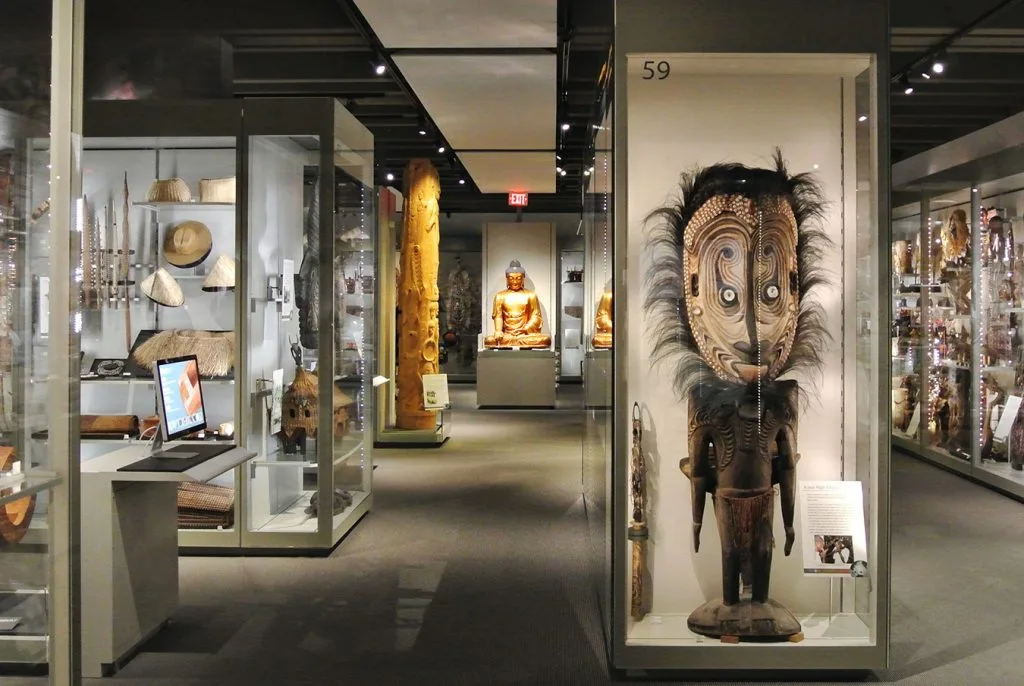
Exploring Culture, History, and Evolution: Top 6 Reasons to Study Anthropology in 2025
Anthropology, the study of human societies, behaviours, and cultural structures, remains a compelling academic pursuit in 2025. For students intrigued by human development and diversity, an Anthropology degree offers endless possibilities. Whether you’re considering a Bachelor’s or Master’s programme, here are six reasons why Anthropology is a fantastic choice in the modern world.
1. Explore Diverse Anthropology Subdisciplines
Anthropology is not a one-size-fits-all field. It branches into various subdisciplines, allowing students to specialise in their area of interest:
- Archaeology: Delve into human history by uncovering artefacts and ancient sites.
- Biological Anthropology: Investigate human evolution and biological diversity.
- Cultural Anthropology: Examine cultural practices and societal norms across the globe.
- Linguistic Anthropology: Understand the relationship between language, culture, and human interaction.
Each subdiscipline is available at undergraduate and postgraduate levels, ensuring students have the flexibility to customise their academic journey.
2. Study at Top Universities Worldwide
Anthropology programmes are offered by some of the best universities globally. Institutions like the University of Cambridge, Harvard University, and Australian National University lead in this field. Rankings by organisations such as QS and Niche provide insights into top Anthropology schools by region and specialisation.
Recommended programmes include:
- M.A. at Wichita State University, USA
- M.Sc. at Radboud University, Netherlands
- Master’s at Aarhus University, Denmark
3. Satisfy Your Curiosity About Humanity
Anthropologists have the unique opportunity to unravel the mysteries of human evolution, culture, and behaviour. Some fascinating discoveries include:
- The earliest known human burial, dated around 78,000 years ago.
- Fossils of Homo sapiens from 300,000 years ago.
- Insights into Neanderthals’ physical characteristics and societal norms.
This exploration deepens our understanding of the past while informing future societal developments.
4. Hands-On Learning and Fieldwork
Anthropology is a field rich in practical experiences. Whether you’re excavating archaeological sites, observing primates in their natural habitats, or immersing yourself in the daily life of a remote community, Anthropology offers unmatched experiential learning. These fieldwork opportunities bring academic theories to life, making the learning process dynamic and engaging.
5. A Gateway to Versatile Career Opportunities
Graduates in Anthropology possess critical thinking, cultural awareness, and research skills — traits highly valued in the job market. Popular roles and their average annual salaries in the United States include:
- Social Researcher: $64,200
- Government Affairs Manager: $75,100
- Higher Education Professor: $87,900
- HR Specialist: $51,800
- Diversity Manager: $81,500
With a 5% job growth projected for anthropologists and archaeologists by 2029 (US Bureau of Labor Statistics), the field offers promising prospects.
6. Travel the World as an Anthropologist
For those bitten by the travel bug, Anthropology promises a globetrotting career. Be it studying African tribes, exploring ancient ruins, or observing primates in the wild, your work will take you to fascinating places. While writing detailed reports remains part of the job, the adventures and immersive experiences make it worthwhile.
Final Thoughts
An Anthropology degree not only nurtures your intellectual curiosity but also equips you with skills and experiences that are applicable in diverse fields. From fieldwork to academic research and global travel, this discipline bridges the gap between past and present, providing valuable insights into humanity.
If understanding human life and culture excites you, Anthropology is undoubtedly a field worth exploring in 2025!